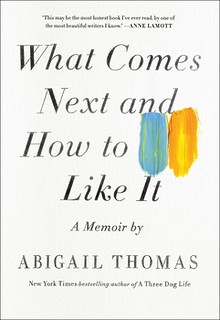As a mostly unrepentant tomboy and the mother of three boys, I was acutely aware of issues of feminine identity from the moment late in my pregnancy with Daughter-Only when the ultrasound technician told me she was a girl. On the one hand, I was afraid I wasn't qualified to raise a girl because there was so much about being "feminine" that I didn't understand or felt I fell short of. On the other hand, because physical appearance--and all the girly stuff that came with it--had been not merely a secondary consideration for me, but barely any consideration at all, I felt I had a better than average chance of raising a daughter whose focus was more internal than external.
I remember when Daughter-Only was weeks or maybe even only days old, she was sitting in her carrier in the middle of the dining room table when I walked by and cooed to her, "Oh, look at the pretty baby." I immediately caught myself and launched into a diatribe to Hubby about how easy it is to fall into focusing on the "wrong" things and that we needed to make sure when we leaned over her, we cooed just as often about her intelligence or her kindness or her sense of humor.
Of course, that was only the beginning of the back-and-forth issues with femininity and the ways societal expectations shape our own visions of ourselves. While we missed the Disney Princess onslaught by a few years, for which I'm grateful, we haven't escaped questions and issues with gender roles. There were many times when I could've used the wise and witty observations from Peggy Orenstein's Cinderella Ate My Daughter: Dispatches From the Front Lines of the New Girly Girl Culture.
The book focuses on the effect of corporatized "pink and pretty" culture, with its focus on external appearances rather than internal resources, on the psyches of the young girls it is marketed to and how much parents can or even should do to minimize or offset those effects. It is bits of investigative reporting--Orenstein at toy fairs, television networks, beauty pageants--interwoven with scenes from field research (a.k.a. actual parenting) with her own daughter and the daughters of friends.
Though Orenstein clearly has strong opinions, there is nothing preachy about her tone and, instead, we are given the opportunity to see a real mom struggle with issues she feels deeply about and come to some of the same compromises we all find ourselves making. It is one of those rare books that is both heartwarming and thought-provoking, written in an easy conversational style that makes considering an issue of real substance not only painless, but a real pleasure.
Masked Mom's One-Word Review: Insightful.
Reciprocity~ WildlyMindful Things4U
5 days ago



No comments:
Post a Comment